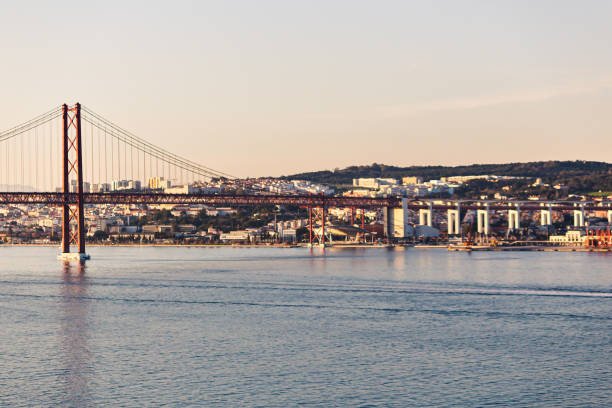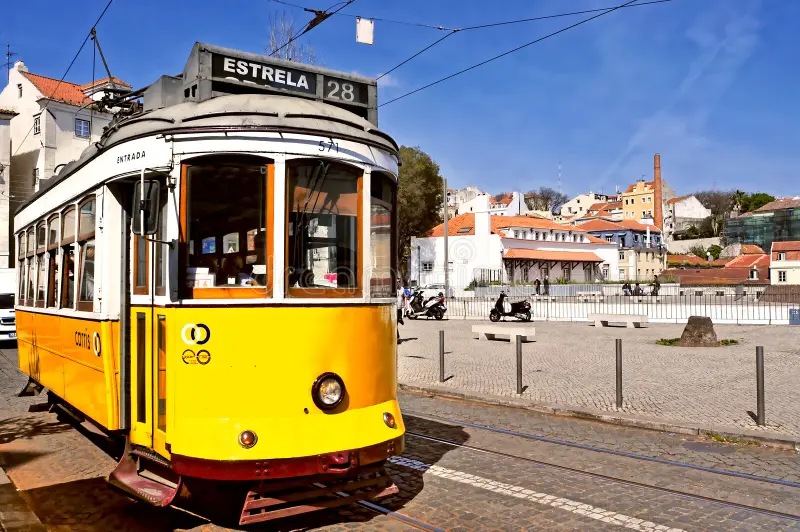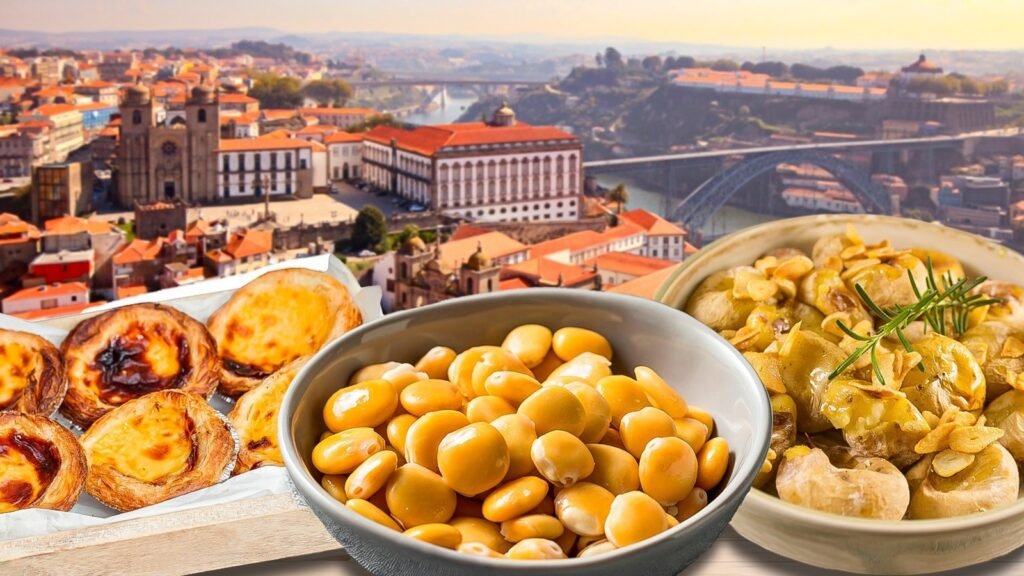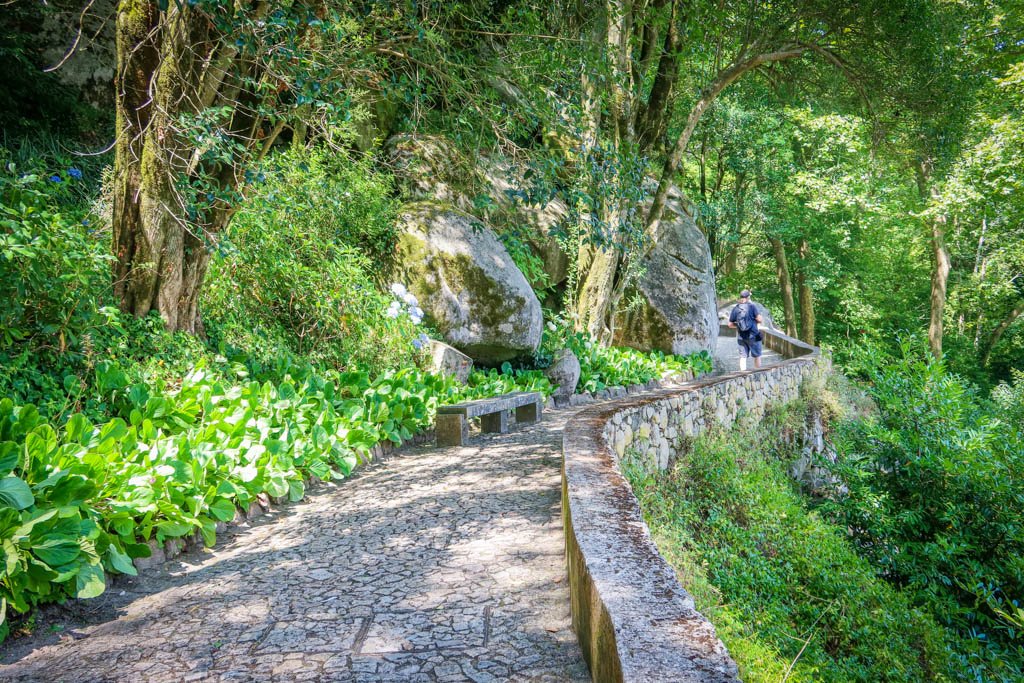As global awareness of environmental issues grows, more travelers are seeking ways to explore their favorite destinations responsibly. Sustainable tourism isn’t just a trend — it’s a commitment to protecting the planet and respecting local cultures. Lisbon, Portugal’s vibrant coastal capital, is an ideal city for eco-conscious travelers. Its rich history, stunning landscapes, and progressive green initiatives make it both enchanting and accessible without a heavy environmental footprint.
In this comprehensive guide, we’ll walk you through practical tips and insider advice on how to explore Lisbon sustainably — from choosing green accommodations and zero-waste dining to eco-friendly transportation and supporting local communities. Whether you’re a seasoned eco-traveler or new to sustainable tourism, this guide will help you experience Lisbon while leaving a positive impact.
1. Why Choose Sustainable Travel in Lisbon?
Before diving into the practical tips, it’s important to understand why sustainable travel matters — especially in popular cities like Lisbon.
- Preserve Lisbon’s Unique Heritage: The city’s historic neighborhoods, from Alfama’s winding alleys to Belém’s monumental landmarks, thrive when tourism doesn’t overwhelm infrastructure or disturb local life.
- Protect Natural Ecosystems: Lisbon is close to stunning coastal areas, parks, and nature reserves like the Sintra-Cascais Natural Park. Sustainable travel helps protect these fragile environments.
- Support the Local Economy: By prioritizing local businesses, farmers, artisans, and guides, sustainable tourism ensures economic benefits remain within the community.
- Reduce Your Carbon Footprint: Opting for public transit, biking, or walking reduces pollution and congestion in the city.

2. Getting Around Green: Eco-Friendly Transportation Options
Lisbon offers a variety of transportation choices that align with eco-friendly travel.
Walking and Biking
Lisbon’s compact historic center is perfect for exploring on foot. Wander through neighborhoods like Bairro Alto and Chiado, soaking in street art, cafés, and viewpoints.
- Why It’s Sustainable: Zero emissions and you get an authentic feel for the city.
- Tip: Bring comfortable shoes and a water bottle to stay hydrated.
- Bike Rentals: Companies like Gira provide electric bike rentals with convenient docking stations. Explore the riverside or ride up to the hills for spectacular views.
- Bike Tours: Join eco-friendly bike tours focusing on nature and local culture.
Public Transportation
Lisbon’s extensive public transport network includes trams, buses, and metro lines that are efficient and eco-conscious.
- Tram 28: Historic and charming, this tram route passes through many popular districts — a scenic and green alternative to taxis.
- Electric Buses: Many buses are electric or hybrid, reducing urban pollution.
- Lisboa Card: Purchase a Lisboa Card for unlimited access to public transport and discounted museum entries.
Car Sharing and Electric Vehicles
If you need a car, opt for electric vehicle rentals or car-sharing services like DriveNow.

3. Stay Green: Choosing Sustainable Accommodations
Where you stay can make a significant difference in your ecological footprint.
Eco-Friendly Hotels and Hostels
Look for accommodations certified by organizations like Green Key or Biosphere, which meet strict environmental criteria.
- Examples in Lisbon:
- The Lumiares Hotel & Spa: Implements energy-saving systems and waste reduction.
- Yes! Lisbon Hostel: Known for sustainable practices and community engagement.
Boutique Guesthouses and Local Stays
Smaller, locally owned guesthouses often have lower environmental impact compared to large chains. Plus, you get a more authentic experience.
Eco-Friendly Practices to Look For:
- Renewable energy use
- Water-saving fixtures
- Waste recycling and composting
- Organic or locally sourced breakfast
- Minimizing single-use plastics

4. Eat Responsibly: Embrace Local and Organic Cuisine
Lisbon’s food scene is a vibrant mix of traditional flavors and modern culinary creativity. Sustainable dining can enhance your experience and reduce environmental impact.
Choose Farm-to-Table Restaurants
Look for restaurants that use organic, seasonal, and locally sourced ingredients. These places often support regional farmers and reduce food miles.
Try Plant-Based and Vegetarian Options
Portugal has an increasing number of vegetarian and vegan restaurants — a great way to reduce your carbon footprint.
Avoid Single-Use Plastics
Bring your own reusable cutlery and containers if you plan to grab street food or takeaway.
Markets and Food Halls
Visit Mercado da Ribeira (Time Out Market), which features many local vendors prioritizing sustainable products.
Support Community Projects
Some Lisbon eateries donate surplus food to local charities or engage in zero-waste cooking.

5. Shop with a Conscience: Supporting Local and Sustainable Businesses
Sustainable travel includes mindful shopping.
Choose Artisan Markets
Visit fairs like Feira da Ladra (the flea market) or Embaixada, a shopping gallery with local designers and eco-friendly brands.
Avoid Fast Fashion and Souvenirs Made from Endangered Materials
Instead, buy handmade crafts, ceramics, cork products (Portugal is a world leader in cork), and textiles from responsible producers.
Bring Reusables
Have a reusable shopping bag with you to avoid plastic bags.

6. Respect Local Culture and Environment
Being an eco-traveler also means respecting the people and places you visit.
Minimize Noise and Disturbance
Especially in residential neighborhoods like Alfama, be mindful of noise levels, particularly at night.
Follow Leave No Trace Principles
Carry out all trash, stay on marked trails in parks, and avoid picking plants or disturbing wildlife.
Learn Basic Portuguese Phrases
Connecting with locals respectfully enhances your experience and encourages cultural exchange.

7. Explore Nature and Green Spaces in and Around Lisbon
The city is a gateway to some of Portugal’s most beautiful natural areas.
Sintra-Cascais Natural Park
Just a short train ride from Lisbon, this park offers stunning cliffs, forests, and historic palaces. Choose guided eco-tours or hike independently with minimal environmental impact.
Monsanto Forest Park
A large green space inside the city with walking trails and picnic areas — perfect for a sustainable day out.
Lisbon’s Riverfront
Stroll or bike along the Tagus River promenade, enjoying fresh air and panoramic views.
Birdwatching and Wildlife
The Estuary of the Tagus is a birdwatcher’s paradise, home to many migratory species.

8. Volunteer and Give Back
If time permits, consider giving back to the community.
Join Local Environmental Projects
Look for beach cleanups, tree planting initiatives, or sustainable farming experiences.
Support Local NGOs
Many organizations welcome travelers’ involvement or donations.
Final Thoughts: Travel Light, Travel Right in Lisbon
Sustainable travel in Lisbon allows you to experience the city’s beauty and culture without compromising its future. From walking its historic streets to savoring farm-to-table meals and protecting its natural surroundings, every choice counts.
By embracing eco-friendly habits, you not only reduce your environmental footprint but also connect more deeply with the places and people you visit.
So, next time you visit Lisbon, let your journey be a force for good — discovering this enchanting city while treading lightly and responsibly.
Go88fc, aye? Gave it a whirl after seeing an ad. Not gonna lie, was pleasantly surprised. Things seem legit, and the games are pretty fun. Give go88fc a try if you’re looking for something new!: go88fc